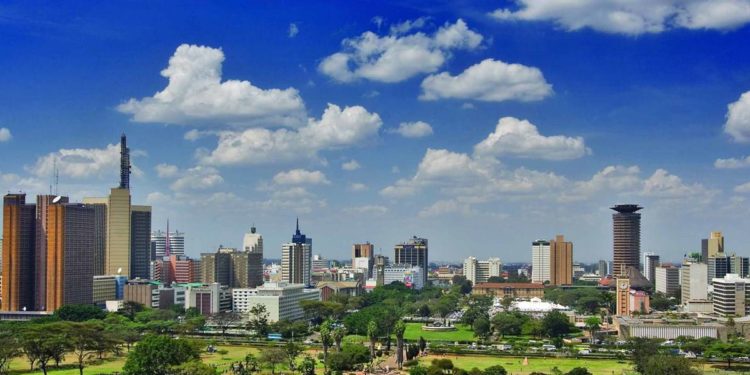Kenya’s embrace of devolution, enshrined in the 2010 Constitution, delegating powers from the central government to local counties, marked a dramatic shift in governance, redistributing political and economic power from Nairobi to the 47 counties. This decentralization promised not only better service delivery but also the creation of localized investment opportunities. However, the extent to which devolution has fostered a conducive environment for investors remains a question of execution rather than design.
On paper, devolution offers immense potential. Counties now control critical sectors such as agriculture, healthcare, and infrastructure, which are ripe for investment. For instance, devolved governments have improved roads and energy access in previously underserved areas, opening them up to agro-processing and manufacturing ventures. Similarly, counties like Turkana and Kitui, rich in natural resources, have attracted mining and renewable energy projects like the lake Turkana wind power project due to localized policy-making.
However, devolution has not been a perfect solution. Challenges such as political wrangling, corruption, and inconsistent policies across counties create hurdles for investors. Some counties levy overlapping taxes, increasing the cost of doing business. Others lack the institutional capacity to manage partnerships with private investors effectively. These issues not only deter potential investors but also slow down the pace of economic transformation in many regions.
Despite these challenges, there are counties that stand out as success stories. Kiambu, for example, has become a hub for real estate and agribusiness, leveraging its proximity to Nairobi and a favorable business environment. Similarly, Makueni County’s innovative approach to public-private partnerships in health partnering with rebel group to improve the quality of healthcare in Kenya’s Makueni County showcases the transformative potential of devolution.
For investors, the key lies in understanding the unique opportunities and challenges within each county. Assessing a county’s infrastructure development, governance standards, and sectoral priorities can provide crucial insights. Counties with clear development plans, such as Nakuru or Machakos, often present lower risks and higher returns for investments.
Ultimately, devolution offers a mixed bag for investors in Kenya. While it has unlocked opportunities in previously marginalized regions, inconsistencies and inefficiencies remain significant hurdles. For Kenya to fully realize the economic promise of devolution, county governments must prioritize accountability, transparency, and policy harmonization to attract and retain investment.

















